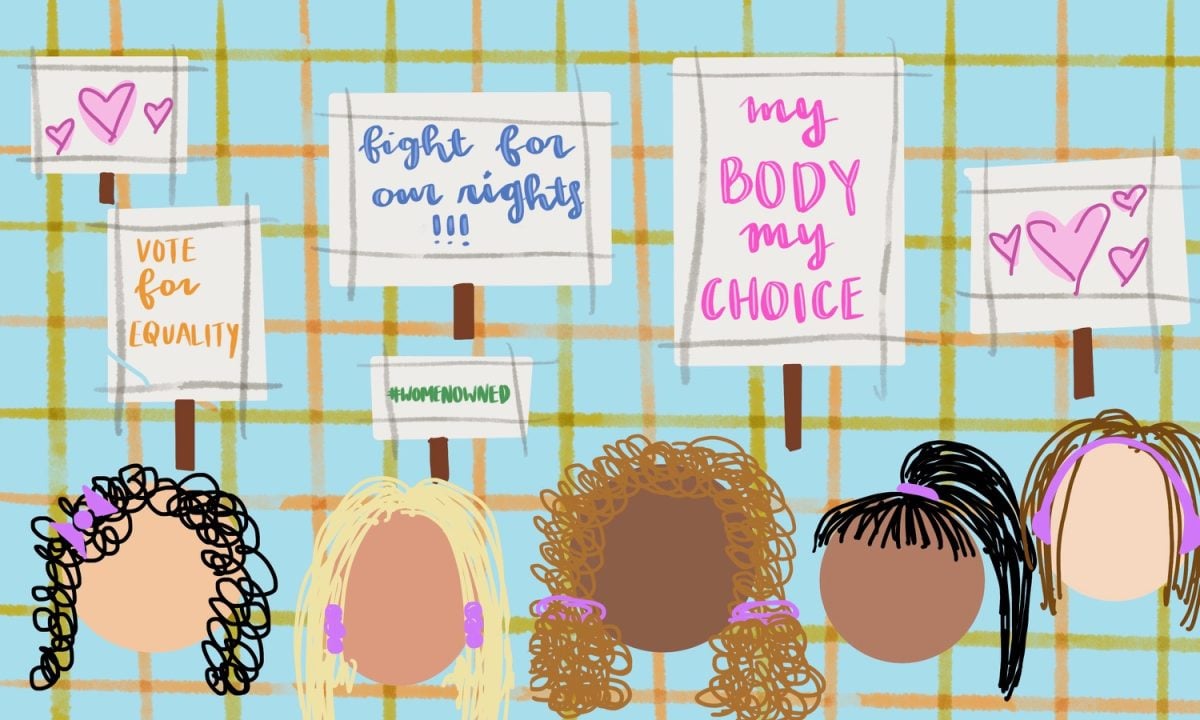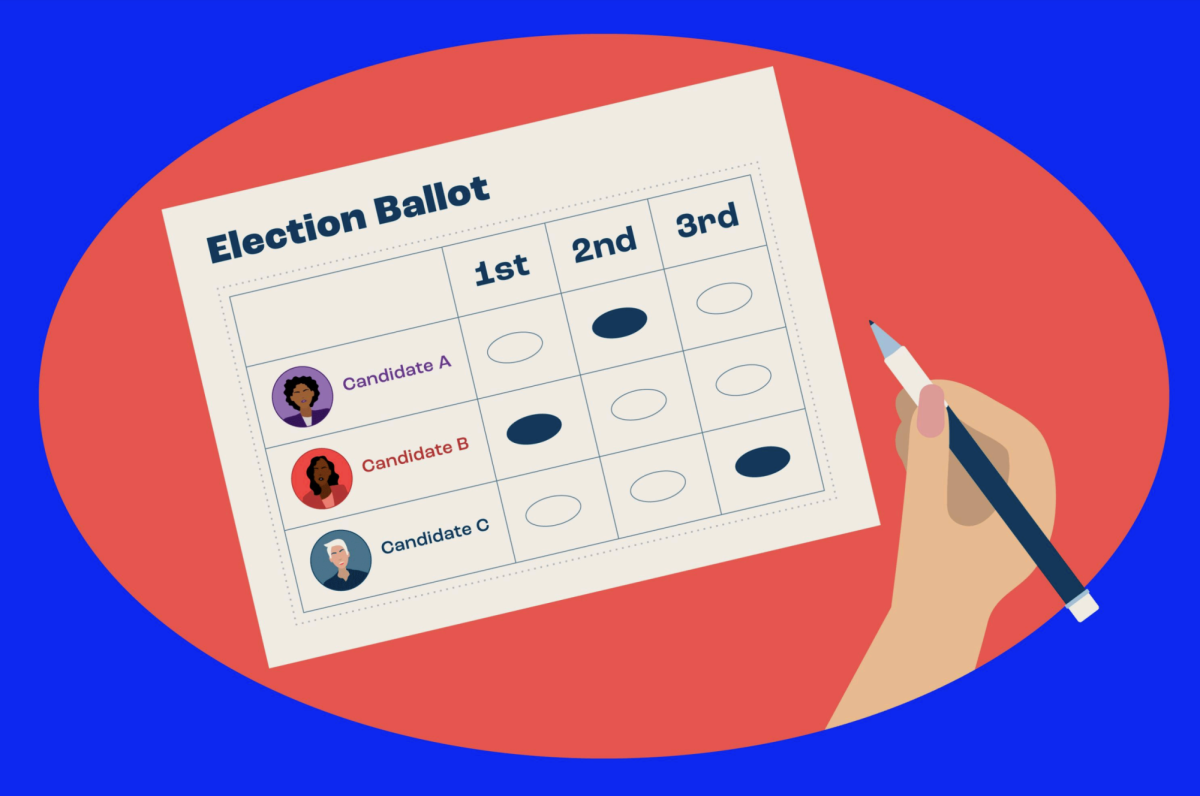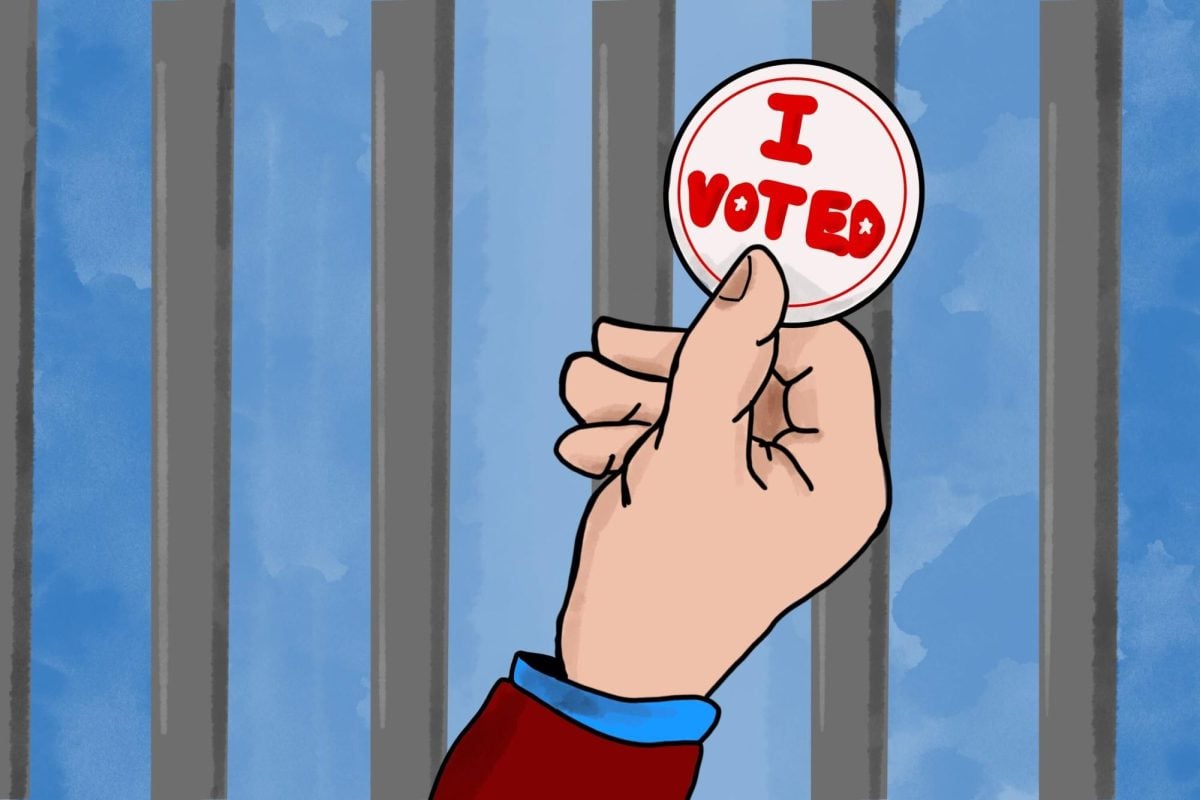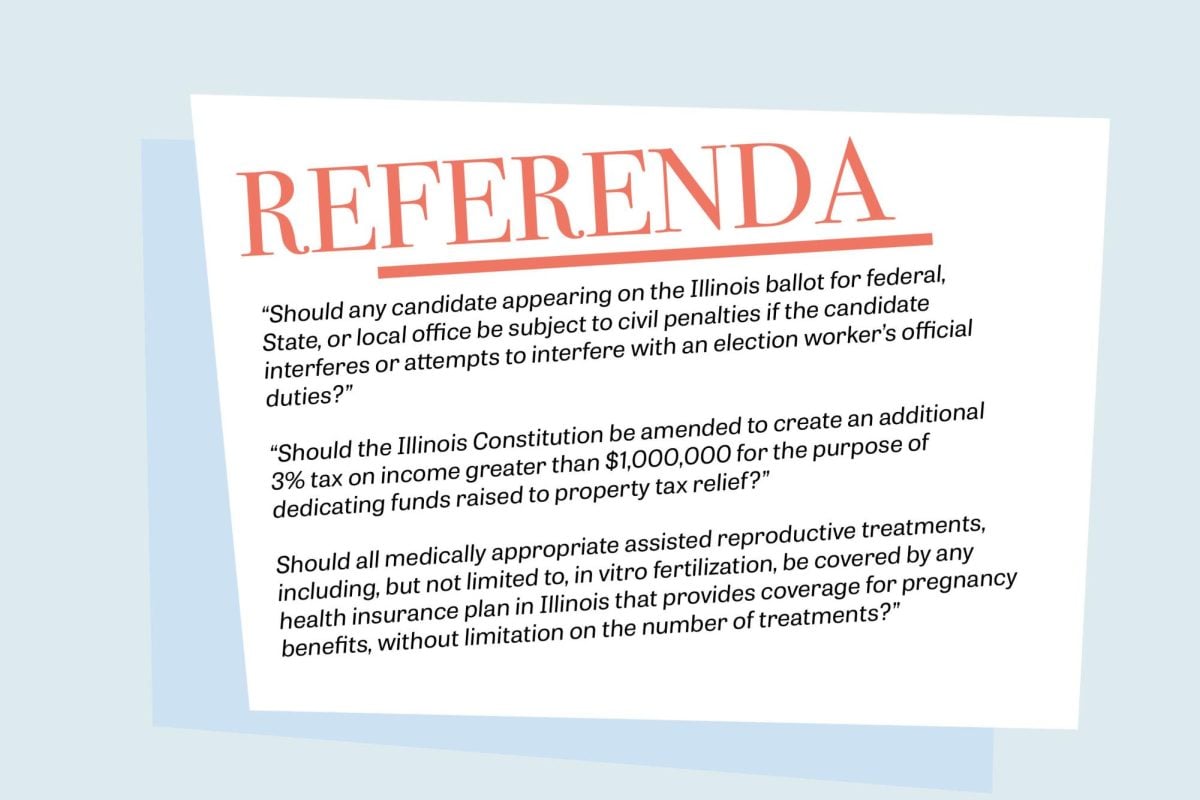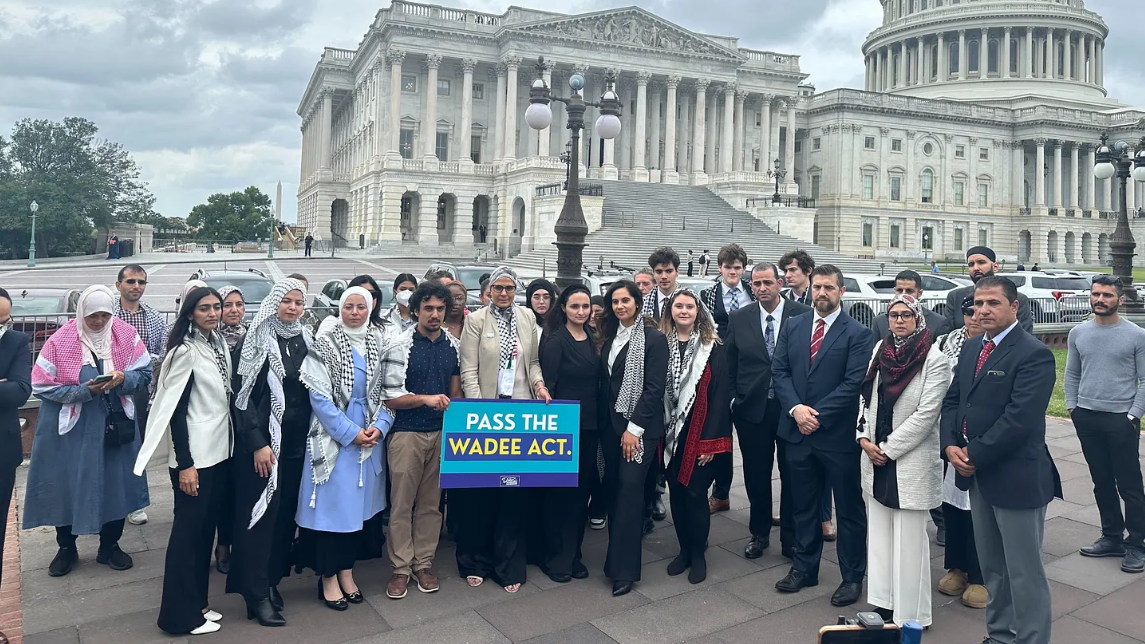Even before the Mega Millions frenzy over Friday’s record-breaking $640 million drawing, a south Evanston convenience store sold two second-prize tickets, beating 1 in 4 million odds.
United Food Mart, 331 W. Howard St., sold the two Mega Millions tickets March 23. They are worth $250,000 each, but the winners have not yet claimed their prizes, according to an employee who declined to give her name without being authorized to speak publicly. The store will receive 1 percent of the combined winnings, or $5,000, according to the employee.
The Mega Millions grew to the highest jackpot in world history after it rolled over 18 times without a winner. Meanwhile, the Illinois Lottery launched its online pilot program March 25, which sells the Lotto and Mega Millions tickets on the Internet. Illinois is the first state in the country to sell lottery tickets online.
“Because of the large Mega Millions jackpot, we are obviously seeing the volume go up immensely,” said Sara Barnett, Illinois Lottery chief of staff. “That’s been great for us as far as getting it out there.”
The decision to offer the online pilot program came after the U.S. Justice Department decided the Wire Act of 1961, which prohibits online gambling across state and national borders, applies only to sports wagering.
“It’s a very exciting time for the Illinois Lottery,” Barnett said. “We’ve been leaders as far as our policies go, and we’re just undergoing a brand transformation right now. Being online…it’s moving our business into the 21st century.”
State Sen. Jeff Schoenberg (D-Evanston) was chief sponsor of a bill that adds Powerball to the online pilot program and provides more protection for retailers who sell lottery tickets in their stores. The Illinois State Senate passed the legislation Thursday.
“I’m very optimistic that based on the overwhelming victory margin in the Senate, that the bill will similarly pass the House and become law,” Schoenberg told The Daily on Friday.
The proceeds from the online lottery sales will go toward funding capital projects including schools, roads and bridges, Schoenberg said.
Adding Powerball to the online pilot program will bring an estimated $25 million per year in additional revenue to pay for the capital projects, in addition to the projected $80 million in revenue from the Lotto and the Powerball – numbers Schoenberg said he considers conservative estimates.
“Mechanical projects, road projects and other planned infrastructure programs by the state will have more secure funding as a result of putting the Powerball online,” Schoenberg said.
However, some retailers expressed concern about the new online offering and how it will impact their businesses. Bill Fleischli, executive vice president of the Illinois Association of Convenience Stores, testified against the bill.
“One of the real reasons why the lottery was started was to not only to raise revenue for the state but to also increase foot traffic and raise awareness of the places that sell the lottery,” Fleischli said, adding there were also concerns over 18-year-olds racking up credit card debt playing online.
However, an amendment was added to the bill to provide more protection for the retailers, as well as allow a study committee to examine the feasibility for lottery vendors to sell stored-value cards that players purchase at the store but use online.
“We thought that the bricks-and-mortar stores would lose foot traffic, and then we thought there would be nothing to bring them into our stores,” Fleischli said. “Hopefully it works for everybody. Hopefully the lottery gains new customers, and we will gain some foot traffic in our facilities.”






